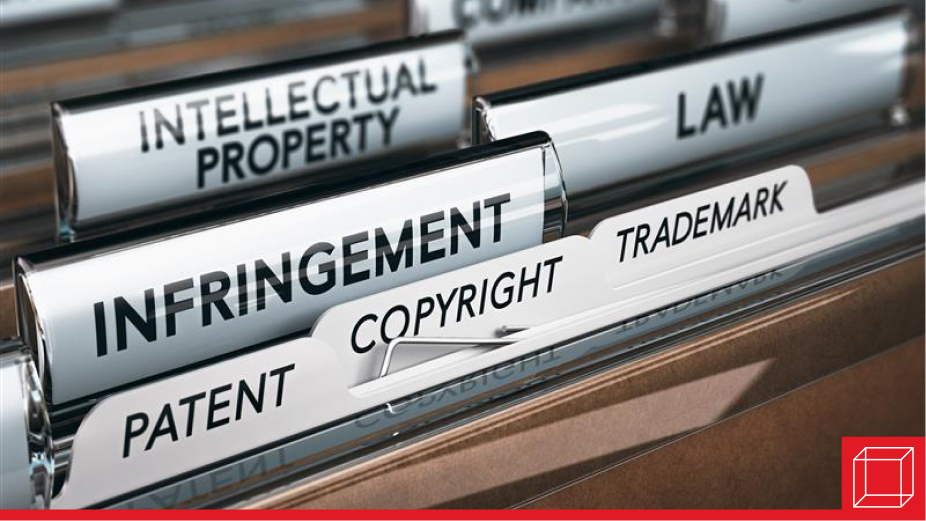The Federal Reserve Launches FedNow Instant Payment Service | August 2023
The Fed launched FedNow, an instant payment infrastructure, to increase the availability of real-time payments to help money move faster throughout financial institutions.

Cash payments take days to settle at financial institutions, especially if deposits are made after hours or on weekends. This process, including confirming account balances, verifying transactions, and clearing the funds, has become significantly faster over time, but most individuals and businesses understandably want their money in real time.
In July, the Federal Reserve launched FedNow, an instant payment infrastructure, to increase the availability of real-time payments. As more banks use the new service, money will move faster through the American financial system.
What is FedNow?
FedNow is a service that enables instant money transfers between accounts at different financial institutions. Institutions must choose to join the network to benefit from real-time transfers. This brings the United States up to speed with countries such as Mexico, Brazil, India, and the United Kingdom that have had similar payment services for years.
Instant transfers mean there is no waiting period for the individual or organization to receive payment. For example, an individual receives the funds from their deposited paycheck immediately, and a business receives received funds from a paid invoice in an instant. This is meant to supplement other payment systems such as the Automated Clearing House (ACH) and paper checks.
Another major benefit of FedNow is it works 24/7. Currently, banks have cutoff times for deposits and typically do not make funds available on the weekend. With FedNow, transfers can be made around the clock on any day of the week, even on bank holidays. This will help bill payments, paychecks, consumer transfers, and business transfers to be processed 24 hours, 7 days a week, 365 days a year.
How People Benefit
In a united FedNow banking system, people will have instant access to their money, giving them greater flexibility and speed in managing their cash flow. This will especially benefit people who live paycheck to paycheck, gig economy workers with irregular paychecks, small businesses operating on tight budgets, and individuals and businesses facing a crisis.
In the past, a person who needed to receive a real-time payment would encounter fees to receive their money faster or potentially face overdraft fees for overdrawing their account while they waited for payments to clear. With FedNow, money will spend significantly less time in limbo.
Today, many people use services such as Venmo, PayPal, and Zelle for electronic person-to-person payments. FedNow, which allows people to settle payments directly via central banks, is likely to have greater reach than these services to depository institutions. This may greatly change the landscape of P2P payment services in the long run. This massive infrastructure change may also reduce the number of small and mid-sized banks over time as the technology better connects the banking system.
Consider any time you have had to wait for a payment to clear: a payment from a family member, the transfer of funds between banks, a payment from an insurance agency after a car accident, or government benefits. It’s important to note that bills that are paid by credit card will not benefit from instant transfers since these payments are processed differently.
FedNow Takes Time
FedNow will not transform the U.S. banking system overnight. FedNow only benefits people with bank and credit union accounts with institutions that are part of the FedNow network. The service is new, and only 35 banks and credit unions, the Department of Treasury’s Bureau of Fiscal Services, and 16 back-end service providers have become certified FedNow users to date. FedNow may take years to gain traction.
Additionally, it will take time for banks to integrate the FedNow system and begin offering real-time payments, and some banks may not offer real-time payments for both sending and receiving payments. For now, FedNow only applies to domestic payments, but this could change in later phases of the FedNow rollout.
The good news is, several of these early adopters are major players in the banking industry such as JPMorgan Chase, Wells Fargo, and U.S. Bancorp, some of the largest banks in the country. This may influence other big banks and regional banks to hop on board.
Learn more about how the Federal Reserve Board the economy.
In the Classroom
This article can be used to discuss the Federal Reserve (Chapter 15: Money and the Financial System).
Discussion Questions:
- What is FedNow and how does it work?
- What are some of the benefits individuals and business owners will experience from FedNow?
- Why will FedNow’s transformation of the banking system take time?
This article was developed with the support of Kelsey Reddick for and under the direction of O.C. Ferrell, Linda Ferrell, and Geoff Hirt.
Sources
Andrew Ackerman, "Fed Launches Payments System That Will Deliver Paychecks to Bank Accounts in a Flash," The Wall Street Journal, July 20, 2023, https://www.wsj.com/articles/fed-wants-paychecks-to-hit-bank-accounts-in-a-flash-b692910e
Jeanne Sahadi, "A New Instant Payment System May Be Coming to a Bank Near You," CNN, July 20, 2023, https://www.cnn.com/2023/07/20/economy/fednow-launch-consumer-guide/index.html
Yoel Minkoff, "Banks Closely Watch FedNow with payments System Set for Launch," Seeking Alpha, July 20, 2023, https://seekingalpha.com/news/3989110-banks-closely-watch-fednow-with-payments-system-set-for-launch



